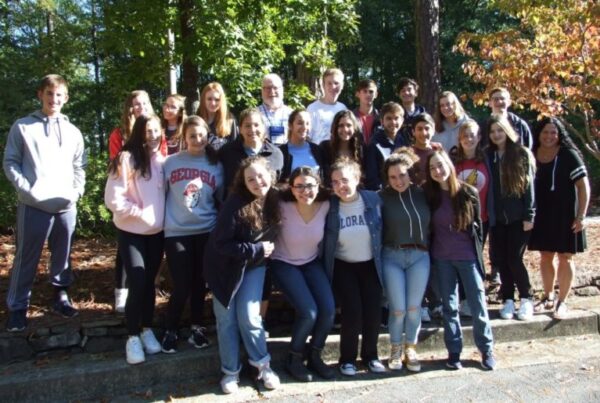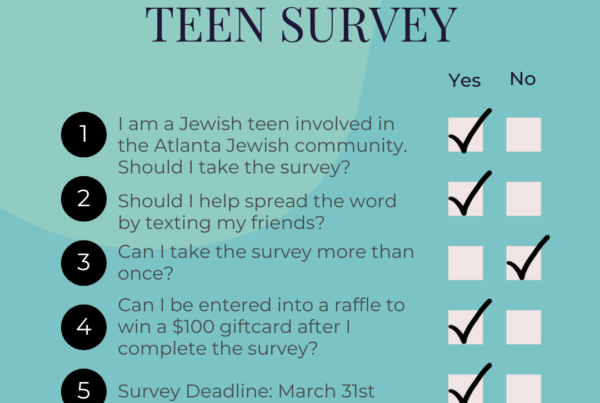Passover 2020 – it looks different this year. We may all be thinking about how weird this is or feel a bit depressed that the large family gathering isn’t taking place. These feelings are all normal and are expected to be felt this year.
The Blue Dove Foundation, an Atlanta based nonprofit focusing on mental health education in the Jewish Community, created the Mental Health Seder Plate resource to help ground us all and restore some calmness into our Passover holiday.
Just as the symbols on the Seder plate keep us engaged with the story of Passover, each of us has self-care tools that keep us engaged with our mental health. Self-care refers to ways we attend to our mental, emotional, physical and spiritual well-being. The more of these tools we have, the better prepared we are for days when we are at our most vulnerable.
We can use Passover as a time to stop and reflect not only on the Exodus story but on our own mental health. On those difficult days when we feel stuck in a metaphorical Egypt, this mental health Seder plate can offer us inner peace.
The Mental Health Seder Plate resource consists of several pieces to include in your Passover Seder.
Personal reflection activity – This activity helps individuals to take a few moments to think about their own mental health and what they need, who can support them and how to feel comfortable. Print a copy out for each individual to complete on their own time.
Mental health interpretation of the Passover Seder plate – Offer these as additional explanations or alternative interpretations of items represented on the Passover Seder plate.
Four mental health Passover questions – Share these four questions after the traditional four questions are recited to open up a conversation around mental health.
Download this resource and view additional mental health Passover resources at https://thebluedovefoundation.org/mentalhealthpassoverseder.
The Blue Dove Foundation was created to help address the issues of mental illness and substance abuse in the Jewish community and beyond. Based in Atlanta, they work with people and organizations across the United States and around the world. Follow them on Facebook and Instagram to stay connected to the Jewish mental health conversation.





